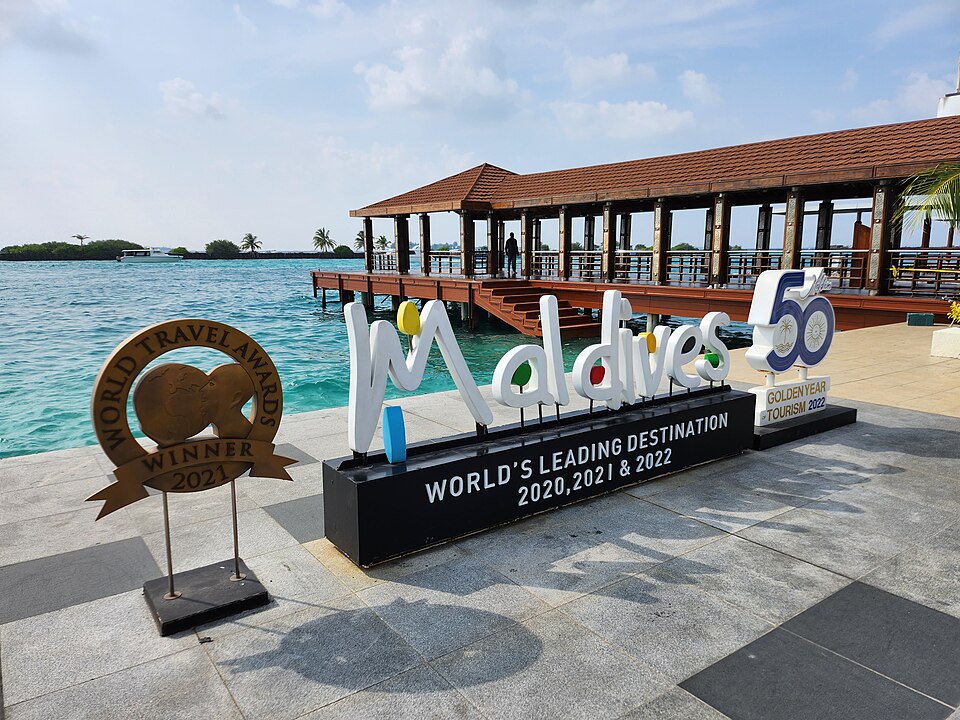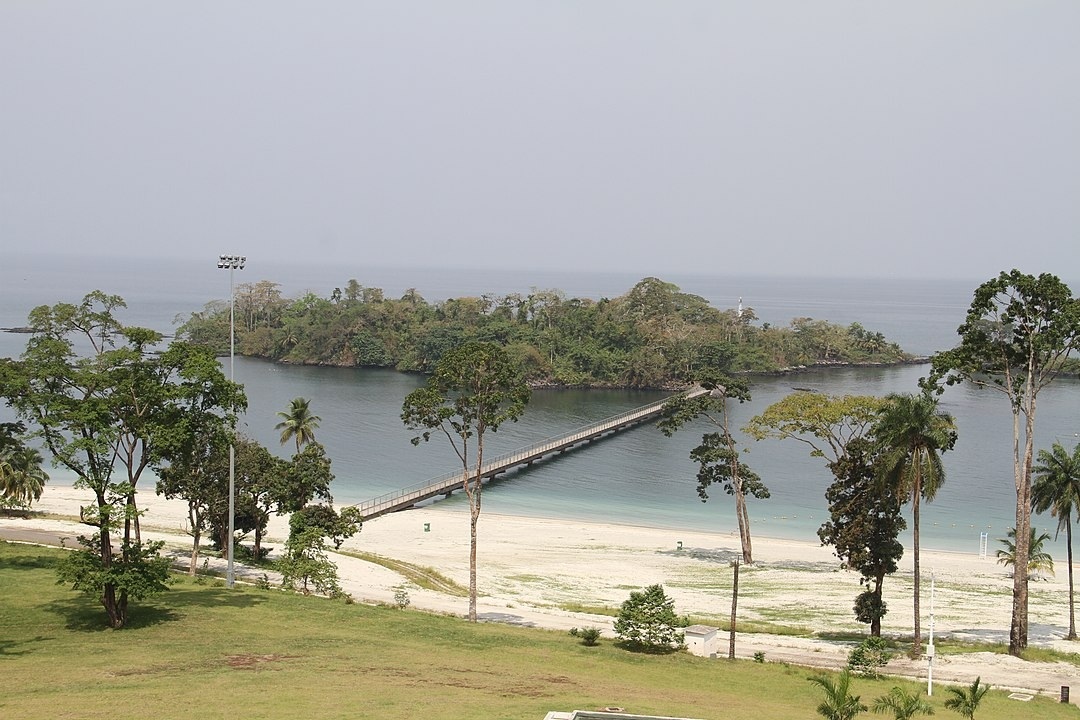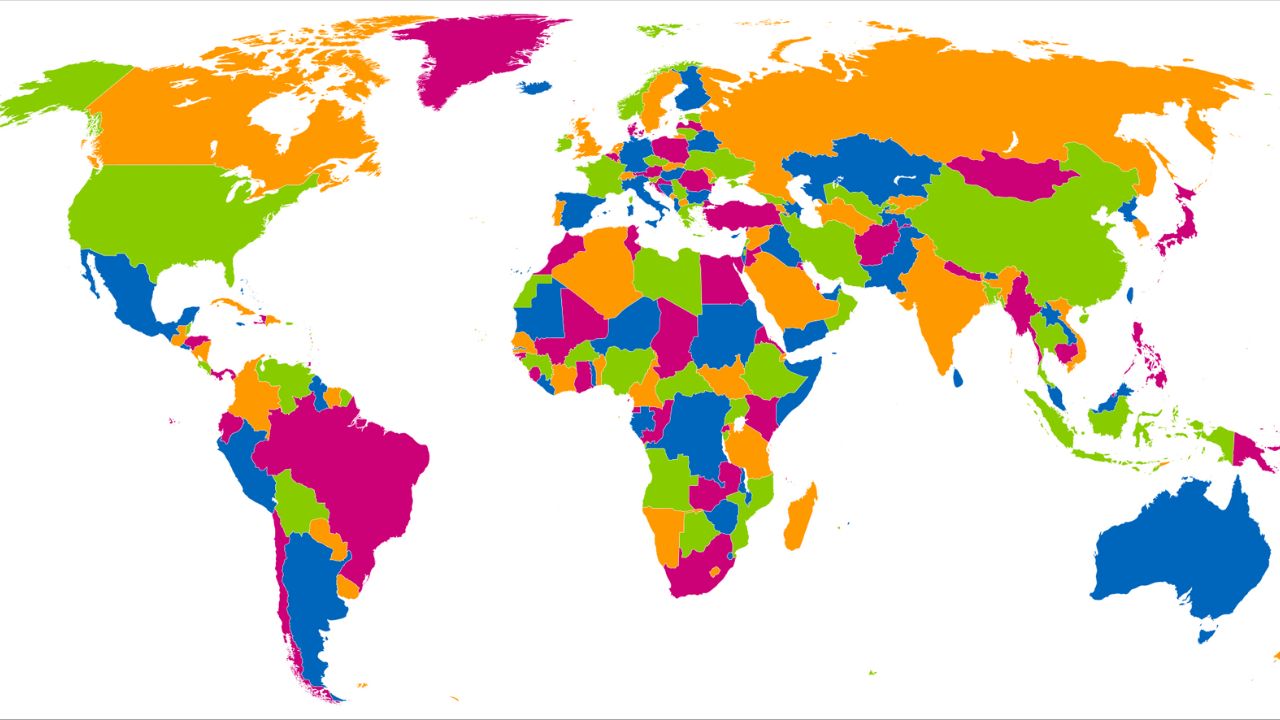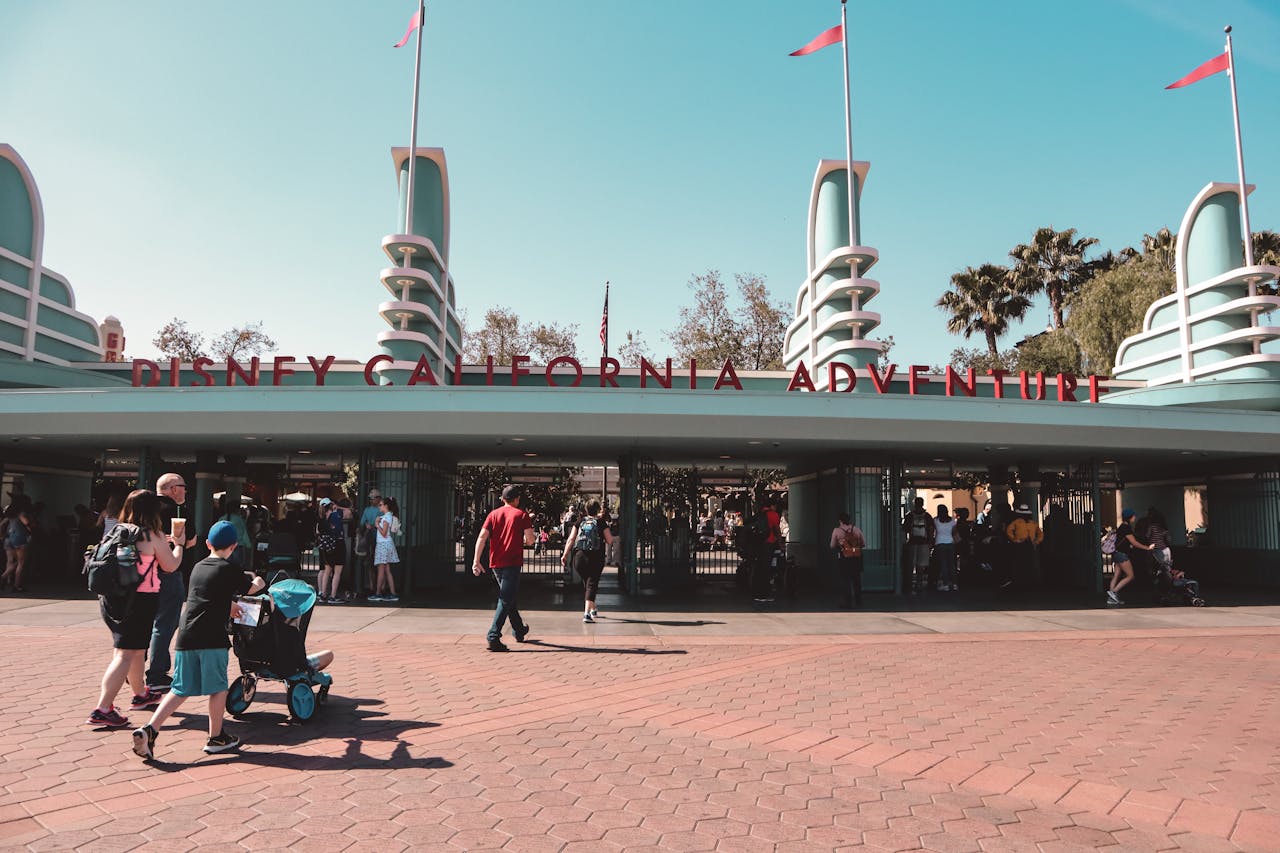The U.S. government just refreshed its travel guidance for two very different destinations: the Maldives and Equatorial Guinea. Both countries remain at Level 2, which means exercise increased caution. The new language highlights practical safety steps, including a specific reminder to keep a low profile, avoid drawing attention, and plan for medical issues before you go. If you are traveling for study abroad, a service trip, or with family, this is a good time to learn how advisories work and how to travel smarter.
Below, you will find what changed, why the guidance matters right now, and a clear checklist you can use even if your trip is months away.
What changed in the advisories
Travel advisories use four levels that range from Level 1 (exercise normal precautions) to Level 4 (do not travel). A Level 2 advisory does not tell you to cancel your trip. It tells you to plan carefully and take extra steps to reduce risk. In early October 2025, the State Department reissued the Maldives and Equatorial Guinea advisories at Level 2. The Maldives summary was updated for clarity on terrorism risks. The Equatorial Guinea summary added emphasis on arbitrary enforcement of local laws, plus the direct instruction to keep a low profile.
That phrase is not just a cliché. Keeping a low profile means minimizing attention to yourself, your gear, and your movements. It includes practical habits like dressing simply, avoiding displays of wealth, staying alert in crowded areas, and skipping political gatherings. It also means choosing transportation and lodging that keep you out of avoidable conflict zones.
The updates also strengthen health and logistics reminders. Equatorial Guinea’s page stresses limited medical capacity and the importance of medical evacuation coverage. The Maldives page, which many people see as a dream beach destination, still flags that terrorist attacks can target places tourists go. None of this means a trip is off limits. It means you should build a smart plan around the risks.
Maldives: postcard views, real-world planning

The Maldives is famous for clear water, overwater bungalows, and small private islands. That geography is part of what makes trips beautiful, and it also shapes safety planning. The advisory notes that attacks could occur with little or no warning in locations where visitors gather, including markets and transportation hubs. On remote islands, response times can be longer than you expect.
Before you go, think about movement between islands, not just the resort. Shared ferries, domestic flights, and speedboats are normal. Build buffer time into your schedule and avoid late night transits if possible. Check hotel transfer rules in advance so you are not stuck waiting at a harbor with luggage and no plan.
At your destination, the simplest way to keep a low profile is to blend in and keep routines predictable. Carry only what you need for the day, secure your passport in the hotel safe, and leave expensive jewelry at home. If a public area suddenly feels tense, change direction and step into a staffed space. For big gatherings or demonstrations, enjoy the beach from somewhere else until crowds disperse.
Health planning matters too. The islands are far apart, and not every clinic can handle emergencies. Bring a basic medical kit, your prescriptions in original packaging, and evidence of travel insurance that includes evacuation. Confirm your resort can coordinate with on-island clinics and mainland hospitals if something goes wrong. Even if you only plan to read by the water, basic prep makes a difference.
Equatorial Guinea: urban reality checks and health logistics

Equatorial Guinea’s update adds a clear warning about arbitrary enforcement of local laws. That means interactions with authorities can be unpredictable. You might encounter police or military checkpoints. You might be asked to show ID repeatedly. Keep your passport and visa handy, carry copies in a separate place, and remain calm and respectful at stops. Do not film checkpoints or government buildings. If there is confusion, ask to pay any fine at a station and request a receipt. Bribery can escalate problems, so avoid it.
Petty crime is common, especially in crowded areas. Avoid walking at night where lighting is poor. Keep phones and valuables out of sight. Use ATMs in secure locations, such as inside banks or hotels. If someone tries to grab your bag, let it go and seek help. The goal is to go home safe, not to win a street struggle.
The most important difference from vacation-favorite countries is healthcare capacity. Medical facilities are limited outside a few modern clinics. Ambulance and trauma services are sparse. That is why the advisory calls out medical evacuation coverage. Talk to an insurer before you travel. Check yellow fever and polio vaccine rules, then ask a travel clinic about malaria prevention. You will likely need to start antimalarial medication before your trip and continue after you return. Pack enough prescription medicine for the entire stay since refills may be unavailable.
If you leave cities for work or study, carry a card in the local language that explains your purpose, contact information, and lodging. Share your itinerary with someone at home and your local host. Small steps like these lower stress when plans change.
A low-profile travel checklist you can actually use
A low profile is a set of habits, not just a vibe. Use this short checklist as you plan and then again on the ground.
Arrive with a plan. Book airport transfers through your hotel or a known provider. Confirm pickup details before you land. Have a backup ride option written down.
Carry less. Put your passport, a copy of your e-ticket, one credit card, and the day’s cash in separate places. Leave anything flashy in your room safe.
Dress to blend in. Simple clothes draw less attention and help you move through busy spaces quickly. Comfortable shoes are a safety tool when you need to change plans fast.
Choose your routes. Stick to well lit, populated streets. In Equatorial Guinea, expect checkpoints. In the Maldives, avoid inter-island travel after dark if you can.
Mind your phone. Disable public Wi-Fi auto-join and use a local data SIM or your carrier’s plan. Keep your head up in crowds instead of staring at maps in the open.
Skip political events. Avoid demonstrations and rallies. They can shift quickly, and bystanders are sometimes caught in conflict or detained.
Control your posts. Do not tag your current location while you are still there. Share later. Limit shots that show expensive items, room numbers, or predictable routines.
Know the number. Save your embassy contact, local emergency numbers, and hotel front desk in your phone and on paper.
Register for alerts. Enroll in the Smart Traveler Enrollment Program so you receive updates and the embassy can reach you in an emergency.
Check your insurance. Confirm medical evacuation is included. In Equatorial Guinea, this is not optional. In the Maldives, island distances make it smart.
Deciding if a trip still makes sense
Level 2 advisories require thought, not panic. If you are traveling with a school or youth program, ask how the operator handles route planning, checkpoints, and medical issues. If you are going with family, talk through the points above and decide what feels comfortable. Your personal risk tolerance matters as much as the advisory text.
If you keep your footprint small, pick reliable transportation, and prepare for health needs, a Level 2 trip can be rewarding. If you want total spontaneity or you do not have the time to plan, consider waiting. The best travel experiences happen when the safety plan runs in the background and you can enjoy the reason you came.
Sources
- U.S. Department of State, Maldives Travel Advisory (Level 2, updated Oct 7, 2025). Travel.state.gov
- U.S. Department of State, Equatorial Guinea Travel Advisory (Level 2, updated Oct 7, 2025), including “keep a low profile” and health capacity notes. Travel.state.gov
- U.S. Embassy Malabo, Travel Advisory notice and messaging (Oct 2025). GQ Embassy+1
- CDC Travelers’ Health, Destination pages for the Maldives and Equatorial Guinea with vaccine and malaria guidance (reviewed 2025). CDC Travelers’ Health+1


